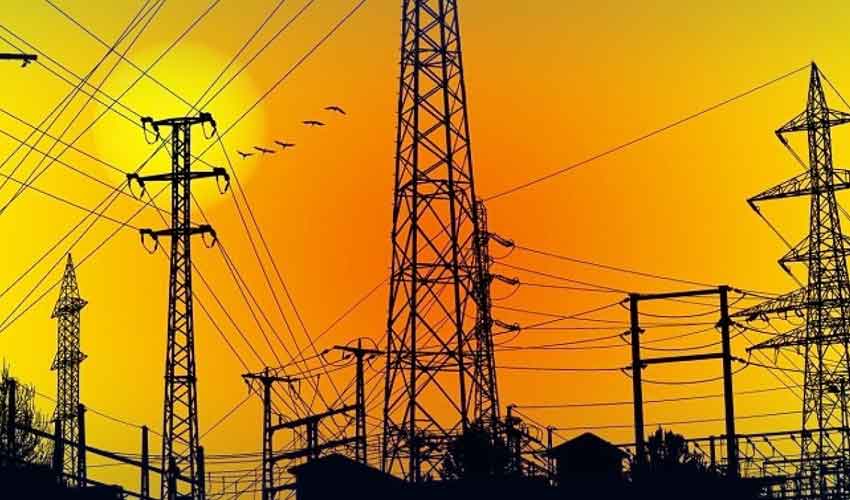ISLAMABAD: The federal government has presented a new plan to the International Monetary Fund (IMF) aimed at reducing electricity prices by Rs6 per unit, proposing to inject Rs2.8 trillion into the energy sector.
The federal government informed the IMF that Rs1.4 trillion of the proposed amount would come from the four provincial governments, including Khyber-Pakhtunkhwa (K-P). However, the K-P government, led by Pakistan Tehreek-e-Insaf (PTI), has refused to contribute to the plan.
Sources within the Energy Ministry reported that discussions between the government and the IMF regarding the Rs2.8 trillion plan took place over the weekend, but the IMF has requested additional details.
The provincial budgets, excluding K-P, are already under significant strain, and these governments may be hesitant to fund a scheme that could politically benefit the Pakistan Muslim League-Nawaz (PML-N) government at their expense.
The plan proposes reducing electricity prices by Rs5.80 per unit by renegotiating terms with local and government-owned power producers, shutting down inefficient plants, and retiring Rs2.7 trillion in debt.
Despite ongoing meetings with provincial stakeholders, there is still no consensus between the central government and the four provinces, according to sources.
To finance the plan, the federal government proposed that the four provinces contribute Rs1.4 trillion based on their shares in the National Finance Commission (NFC). The remaining Rs1.4 trillion would be raised by further cutting the Public Sector Development Programme (PSDP), securing additional commercial loans, reallocating budgeted subsidies, and diverting dividends from government-owned entities.
Muzzammil Aslam, Finance Adviser to the K-P Chief Minister, told The Express Tribune that K-P would not agree to share the burden of the power subsidy. He highlighted that K-P already produces surplus power at a low cost of Rs6 to Rs7 per unit, while residents and industries in the province are charged Rs70 per unit.
Aslam expressed frustration with the federal government’s management of power issues and stated that K-P is now focusing on developing its own power projects. The province also plans to build its own transmission lines and establish a regulatory authority to provide affordable electricity and protect its economy.
Electricity in Pakistan has become prohibitively expensive, with consumers paying up to Rs76 per unit. The federal government has temporarily postponed a 51% increase in electricity prices for consumers using up to 200 units, but these consumers will face the hike in October.
The current average unit price for end consumers is Rs44, which the government aims to reduce to Rs38 through the Rs2.8 trillion plan. Consumers using 301 to 700 units are currently paying Rs58 per unit, while those consuming over 700 units are charged Rs64 per unit. Commercial consumers are paying Rs76 per unit.
Sources indicated that after meetings with the IMF, there are still more questions than answers due to the poorly drafted plan, which relies heavily on successful negotiations with local power producers and the four provincial governments.
The government’s plan involves reducing the profits of government-owned power plants, renegotiating terms with 12 independent power producers, and terminating contracts with inefficient power plants, which would require full payment settlements.
The plan also includes retiring local debt and addressing the entire circular debt, which currently stands at nearly Rs2.3 trillion.
According to the proposal, the government aims to reduce the return on equity for public sector power plants, potentially lowering costs by Rs1.15 per unit. Additionally, it suggests changing the terms for 12 independent power producers from “take or pay” to “take and pay,” though this would only result in a minimal reduction of 14 paisa per unit.
The government has also proposed terminating contracts with inefficient power plants, which could lead to a reduction of 52 paisa per unit. However, this move would require payments of Rs77 billion to the owners of these plants, with half of the amount expected to be funded by the provincial governments.










